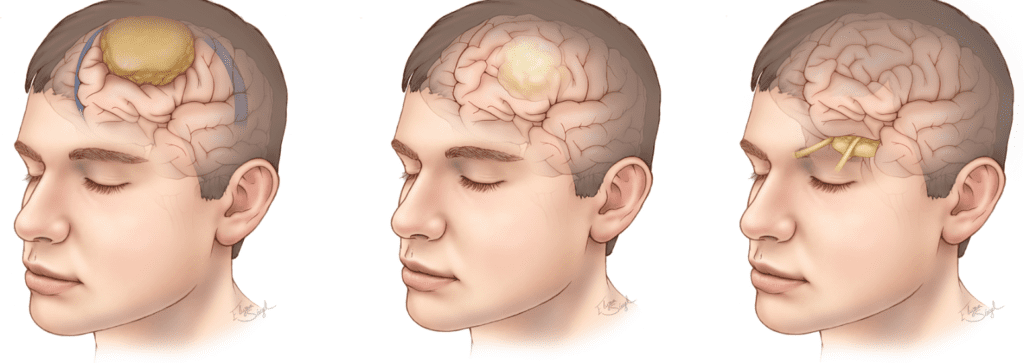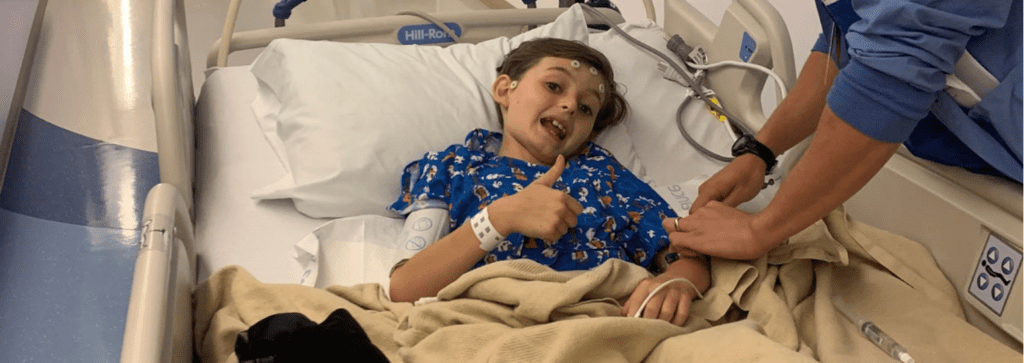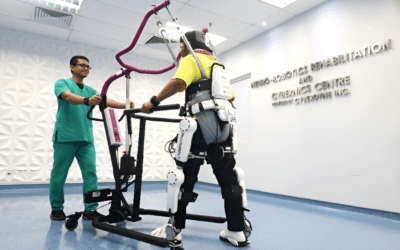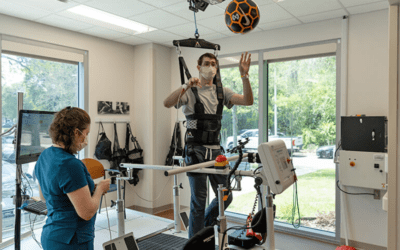Living with a brain tumor brings unique challenges, including cognitive changes that may affect memory, focus, decision-making, and daily routines. However, with the right knowledge, strategies, and support, patients can adapt and regain a sense of control and independence.
Understanding Cognitive Changes: Key Insights for Brain Tumor Patients

Cognitive changes may arise due to the tumor’s location, its size, or treatments like surgery, chemotherapy, and radiation therapy. Common cognitive challenges include:
- Memory Issues: Forgetting recent conversations, appointments, or tasks.
- Difficulty Concentrating: Struggling to stay focused or process information.
- Impaired Problem-Solving: Challenges in decision-making or organizing activities.
- Language Difficulties: Trouble finding words or following conversations.
- Fatigue-Related Cognitive Decline: Reduced mental sharpness due to physical or emotional fatigue.
These changes vary widely among individuals, but understanding that they are part of the condition and not a personal failing is essential for patients and caregivers alike.
Effective Strategies for Enhancing Cognitive Function
a. Engaging in Cognitive Rehabilitation Therapy for Brain Tumor Patients
- Work with neuropsychologists or occupational therapists to create personalized cognitive training plans.
- Practice exercises to improve memory, attention, and problem-solving skills.
b. Adopt Brain-Training Activities
- Play memory-enhancing games or use apps designed to boost focus and recall.
- Activities like puzzles, Sudoku, or learning a new language can stimulate brain activity.
c. Maintain a Healthy Lifestyle
- Exercise Regularly: Physical activity, such as walking or yoga, improves brain function by enhancing blood flow.
- Eat Brain-Boosting Foods: Include omega-3 fatty acids (fish, walnuts), antioxidants (berries, spinach), and whole grains for cognitive support.
- Sleep Well: Prioritize 7-8 hours of restorative sleep each night to recharge the brain.
d. Use Organizational Tools
- Create a daily planner or use digital apps to schedule tasks and set reminders.
- Color-code items or use labels to keep track of belongings and tasks.
e. Manage Fatigue Effectively
- Plan cognitively demanding tasks during peak energy times.
- Take regular breaks to avoid mental exhaustion.
Navigating Everyday Challenges: Tips for Daily Living
a. Simplifying and Structuring Daily Tasks for Brain Tumor Patients
- Break complex activities into smaller, manageable steps.
- Focus on completing one task at a time to avoid feeling overwhelmed.
b. Create a Structured Routine
- Establish a consistent daily schedule to build familiarity and reduce confusion.
- Incorporate relaxation or mindfulness exercises into the routine to manage stress.
c. Enhance Your Environment
- Minimize distractions by creating a quiet and organized workspace.
- Use visual cues, like sticky notes or calendars, to aid memory and task management.
d. Practice Mindfulness Techniques
- Techniques like deep breathing, meditation, or yoga can improve focus and emotional regulation.
- Mindfulness reduces anxiety, which often exacerbates cognitive challenges.
Support Systems: Building a Network for Success

a. Lean on Family and Friends
- Openly communicate your needs and challenges with trusted loved ones.
- Involve them in activities, appointments, and decision-making processes to foster teamwork.
b. Join Support Groups
- Participate in local or virtual groups where brain tumor patients and survivors share experiences and advice.
- Support groups provide emotional encouragement and practical tips from those who understand.
c. Professional Healthcare Team Assistance for Brain Tumor Patients
- Engage with healthcare providers, such as neurologists, oncologists, and therapists, for comprehensive care.
- Social workers or case managers can assist with navigating resources, insurance, or community programs.
d. Brain Tumor Advocacy Organizations
- Organizations like the Brain Tumor Foundation and American Brain Tumor Association offer valuable resources, educational materials, and financial assistance programs.
Real-Life Success Stories: Inspiring Journeys of Resilience
a. Emma’s Journey to Rebuilding Memory
Emma, a teacher diagnosed with a brain tumor, struggled with memory loss after surgery. Through cognitive rehabilitation and daily journaling, she gradually regained her confidence. Today, Emma volunteers at a local library, helping children with reading—a testament to her perseverance.
b. Raj’s Path to Independence
Raj, a retired engineer, faced mobility and cognitive difficulties after his treatment. By adopting a structured routine, utilizing assistive technology, and joining a support group, he regained independence and now mentors other patients on adapting to life post-diagnosis.
c. Lisa’s Triumph Over Fatigue and Focus Issues
Lisa, a young mother, managed her fatigue and concentration challenges with mindfulness practices and personalized therapy sessions. With support from her family, Lisa is now able to balance caring for her children while pursuing part-time work.
Conclusion: Empowering Lives Through Knowledge and Action
Mastering cognitive changes caused by a brain tumor requires patience, perseverance, and a robust support system. By understanding these changes, employing effective strategies, and leveraging available resources, patients can reclaim control over their lives. Inspiring success stories prove that resilience, combined with the right tools and community support, makes it possible to overcome these challenges and lead fulfilling, empowered lives.



